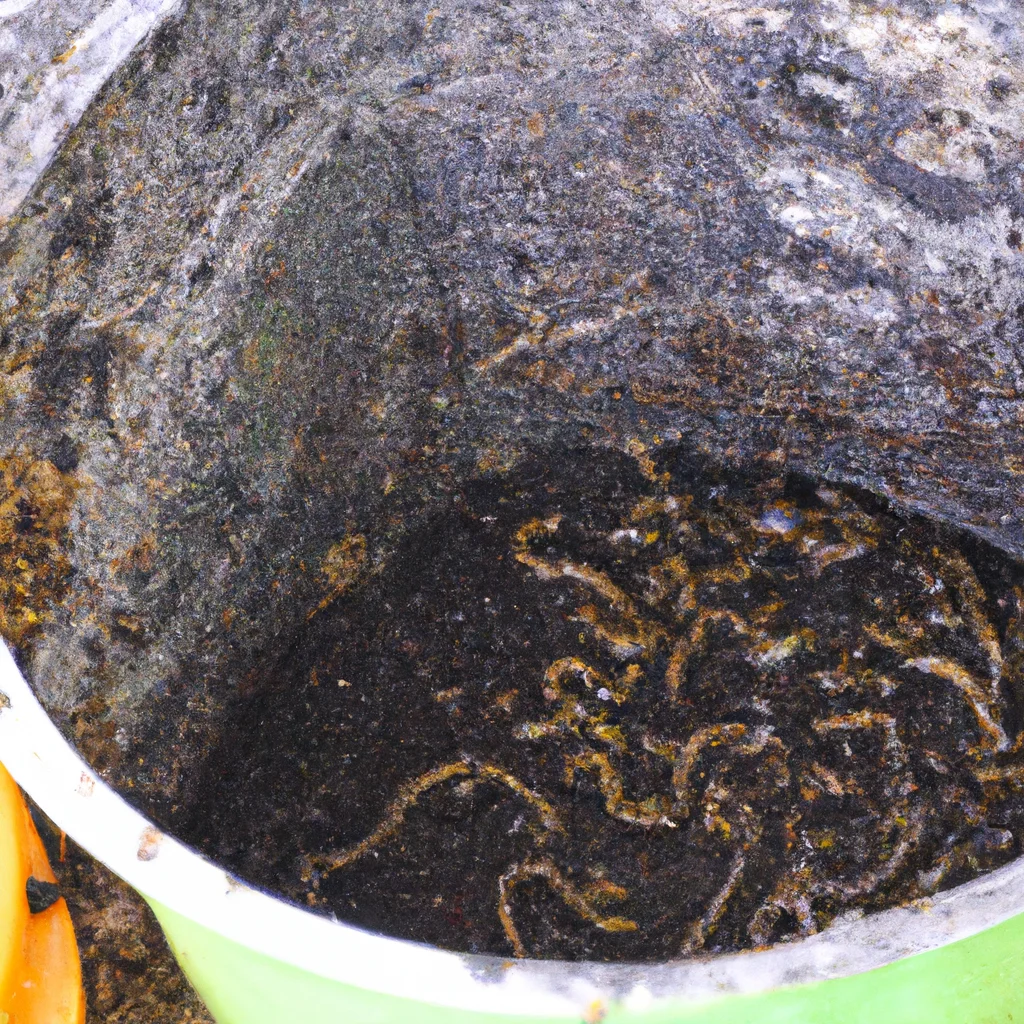How to practice vermiculture for waste management?


How to practice vermiculture for waste management?
Vermiculture is a process that involves the use of earthworms to convert organic waste into a nutrient-rich organic fertilizer. This organic fertilizer is commonly used in sustainable agriculture and has become a popular way to manage waste in an environmentally friendly way. Vermiculture is an excellent method for waste management, and in this article, we will discuss how to practice vermiculture for waste management.
Benefits of Vermiculture for Waste Management
Vermiculture is an excellent method for waste management because it can help reduce the amount of waste that ends up in landfills. Landfills are a significant environmental problem because they take up a lot of space, are a source of greenhouse gas emissions, and can cause soil and water pollution. Vermiculture can help reduce the amount of waste that goes into landfills by converting organic waste into a nutrient-rich organic fertilizer.
Vermiculture is an excellent way to practice sustainable agriculture because it provides a natural way to fertilize crops. It is also a cost-effective method for producing organic fertilizer, which is much cheaper than synthetic fertilizer. Vermiculture can also help reduce the need for chemical fertilizers, which can be harmful to the environment and human health.
How to Practice Vermiculture for Waste Management
Step 1: Choosing the Right Earthworms
The first step in practicing vermiculture for waste management is to choose the right earthworms. The earthworms used in vermiculture are different from the earthworms found in gardens or lawns. The most commonly used earthworms for vermiculture are red wigglers (Eisenia fetida) and European nightcrawlers (Eisenia hortensis). These earthworms are excellent at breaking down organic waste and producing nutrient-rich compost.
Step 2: Choosing the Right Container
The second step in practicing vermiculture for waste management is to choose the right container. Vermiculture can be done in a variety of containers, including plastic bins, wooden boxes, and even old bathtubs. The container should be large enough to hold the earthworms and the organic waste, but not too large that it becomes difficult to manage.
Step 3: Preparing the Container
The third step in practicing vermiculture for waste management is to prepare the container. The container should be lined with a layer of newspaper, shredded cardboard, or coconut coir to absorb excess moisture. A layer of soil or compost should be added to provide the earthworms with the necessary nutrients. Once the soil or compost is added, the earthworms can be added to the container.
Step 4: Adding Organic Waste
The fourth step in practicing vermiculture for waste management is to add organic waste to the container. The earthworms will consume the organic waste and convert it into compost. Organic waste that can be added to the container includes fruit and vegetable scraps, coffee grounds, tea bags, shredded paper, and cardboard.
Step 5: Harvesting the Compost
The final step in practicing vermiculture for waste management is to harvest the compost. The compost can be harvested every few months by removing the compost from the container and separating the earthworms from the compost. The compost can then be used as an organic fertilizer in sustainable agriculture.
Conclusion
In conclusion, vermiculture is an excellent method for waste management and sustainable agriculture. By using earthworms to convert organic waste into a nutrient-rich organic fertilizer, vermiculture can help reduce the amount of waste that goes into landfills and provide a natural way to fertilize crops. To practice vermiculture for waste management, it is important to choose the right earthworms, container, and organic waste. With these steps, you can start practicing vermiculture for waste management and contribute to a greener and more sustainable future.
Recent Posts
How do I create an engaging and informative online quiz or assessment?
Creating an engaging and informative online quiz or assessment can be a powerful tool for… Read More
What are the most effective methods for managing and reducing work-related stress in the hospitality industry?
Work-related stress is a common issue in the hospitality industry, where employees often face long… Read More
How can I improve my assertiveness and communication skills in a leadership position?
In a leadership position, assertiveness and effective communication skills are crucial for success. Being able… Read More
What are the key elements of a successful employee recognition and rewards program?
Employee recognition and rewards programs play a crucial role in motivating and engaging employees, as… Read More
How do I effectively manage and respond to customer feedback and reviews?
Customer feedback and online reviews play a crucial role in shaping a company's reputation and… Read More
What are the best strategies for effective time management as a stay-at-home parent?
Effective time management is crucial for stay-at-home parents who juggle multiple responsibilities on a daily… Read More